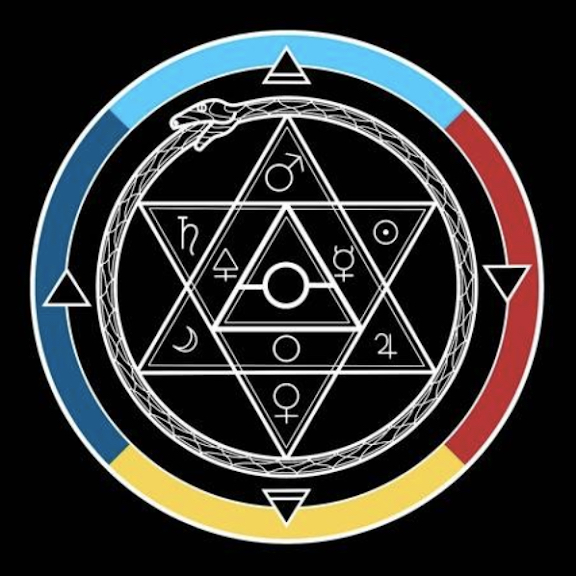Persona: Difference between revisions
From Depth Psychology Study Wiki
SkyPanther (talk | contribs) (Created page with "The formation of the person, the mask, what one passes for and what one appears to be, in contrast to one's ral individual nature, corresponds to one's adaptation to the requirements of the age, of one's personal environment, and of the community. The facade personality represents a considerable achievement on the part of conscience. Without its aid, morality and convention, the so...") |
SkyPanther (talk | contribs) mNo edit summary |
||
| Line 1: | Line 1: | ||
The formation of the person, the mask, what one passes for and what one appears to be, in contrast to one's ral individual nature, corresponds to one's adaptation to the requirements of the age, of one's personal environment, and of the community. | The formation of the person, the mask, what one passes for and what one appears to be, in contrast to one's ral individual nature, corresponds to one's adaptation to the requirements of the age, of one's personal environment, and of the community. | ||
The facade personality represents a considerable achievement on the part of [[ | The facade personality represents a considerable achievement on the part of [[Depth_Psychology_and_a_New_Ethic/Chapter_2_-_The_Old_Ethic/The_Old_Ethic_-_Perfection#Conscience|conscience]]. Without its aid, morality and convention, the social life of the community and the ethical ordering of society would never have been possible in the first place. | ||
Revision as of 19:23, 29 July 2022
The formation of the person, the mask, what one passes for and what one appears to be, in contrast to one's ral individual nature, corresponds to one's adaptation to the requirements of the age, of one's personal environment, and of the community.
The facade personality represents a considerable achievement on the part of conscience. Without its aid, morality and convention, the social life of the community and the ethical ordering of society would never have been possible in the first place.
